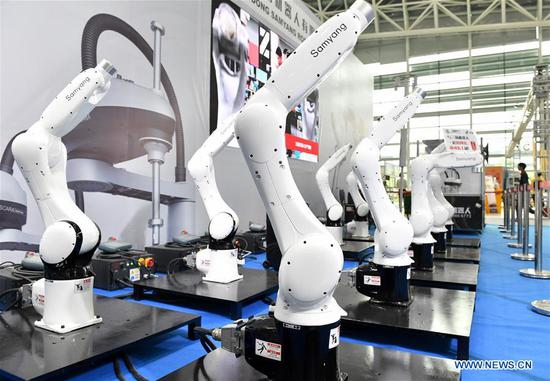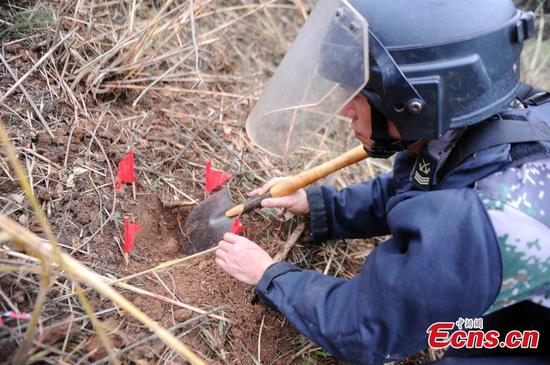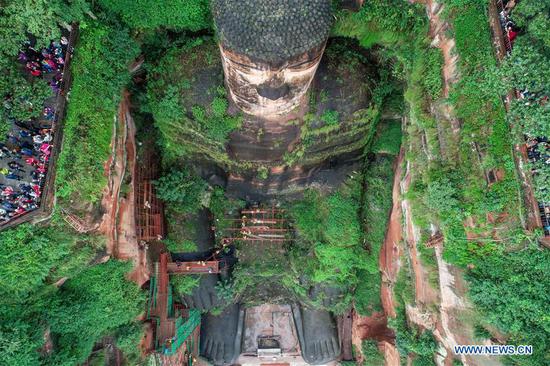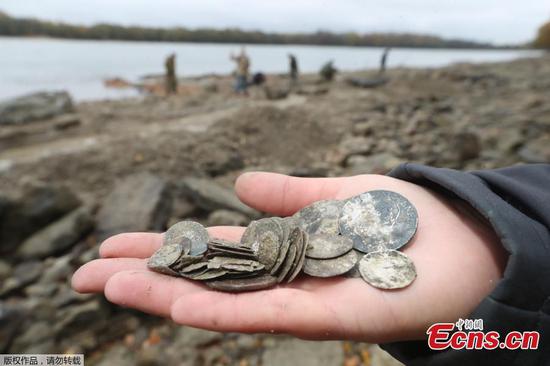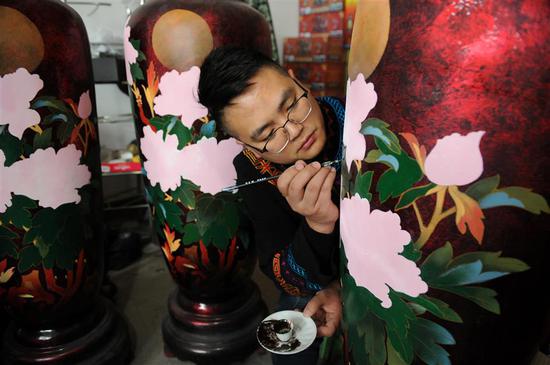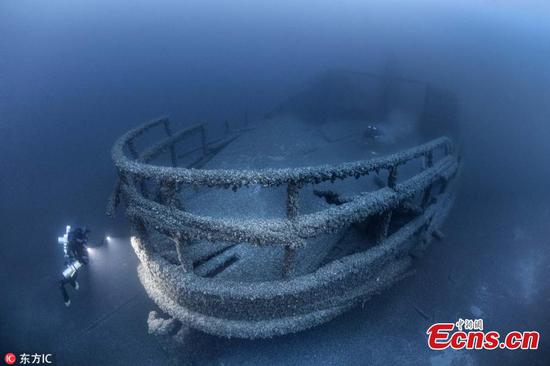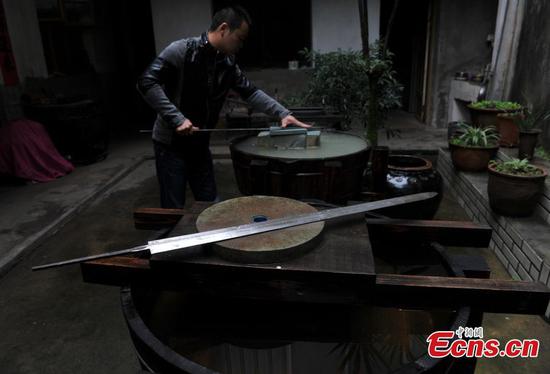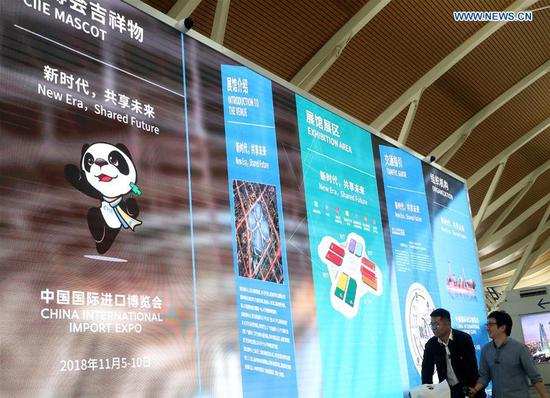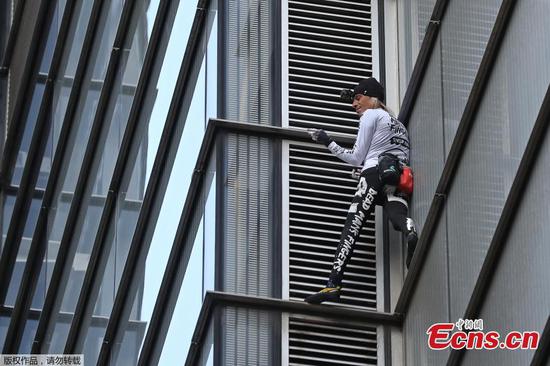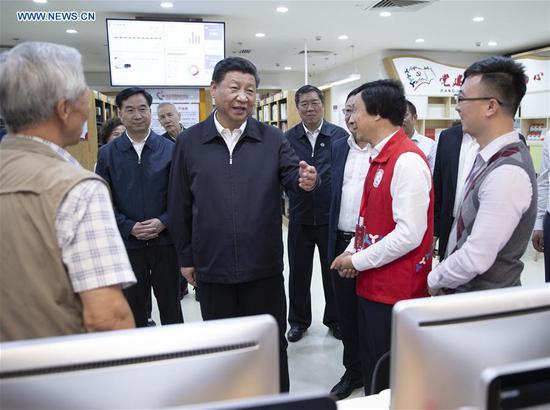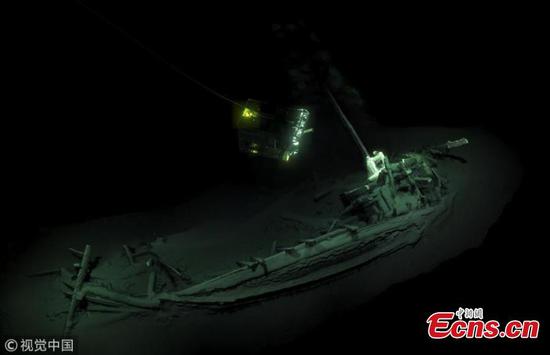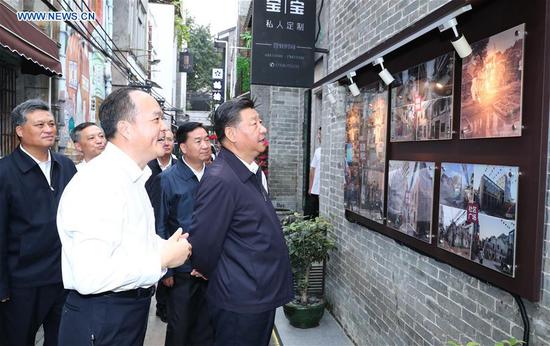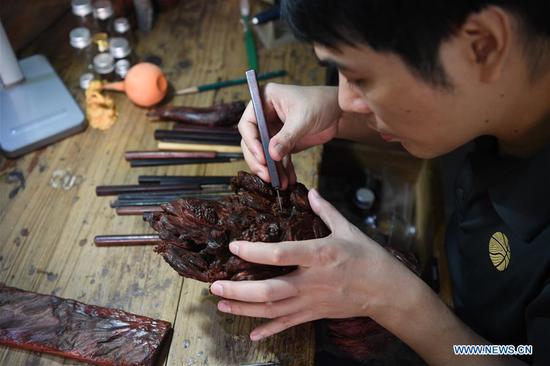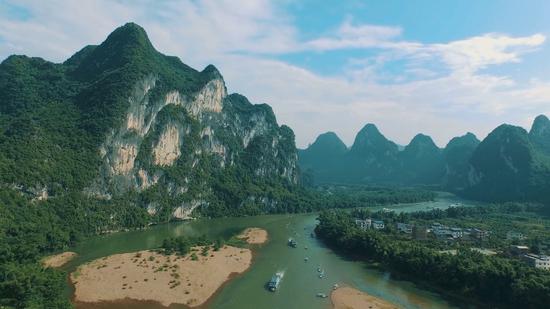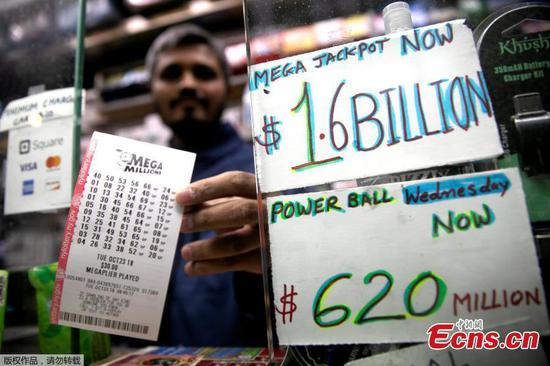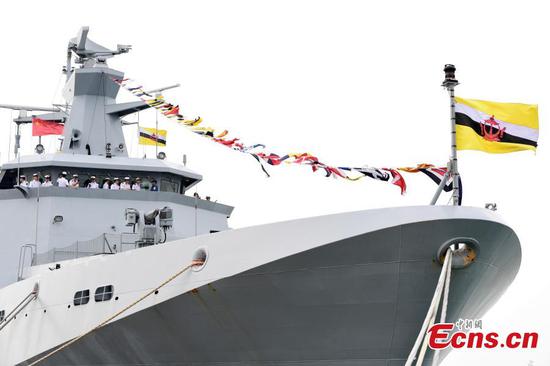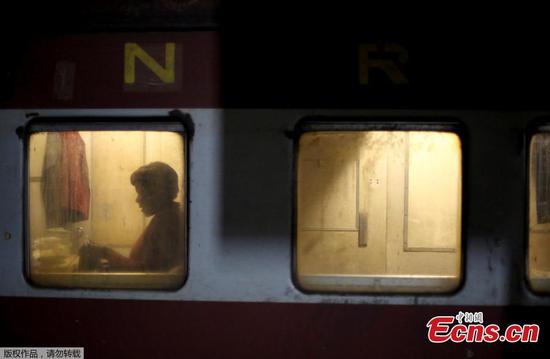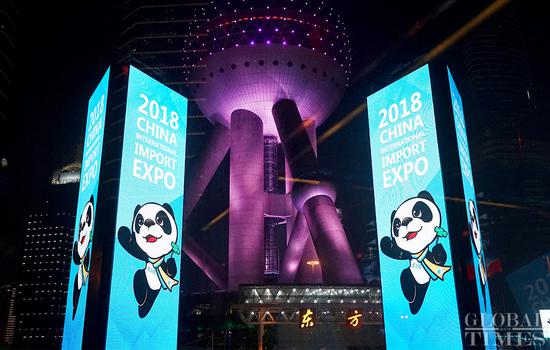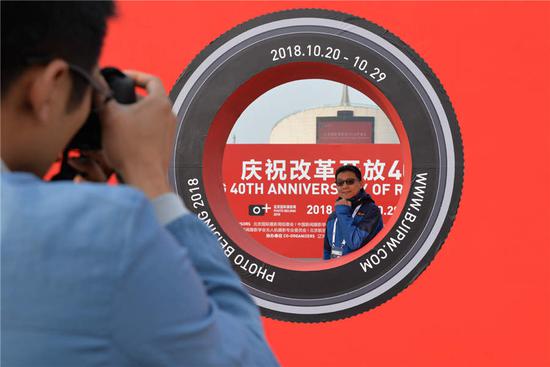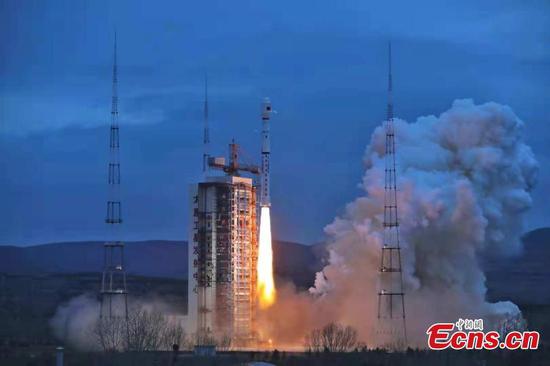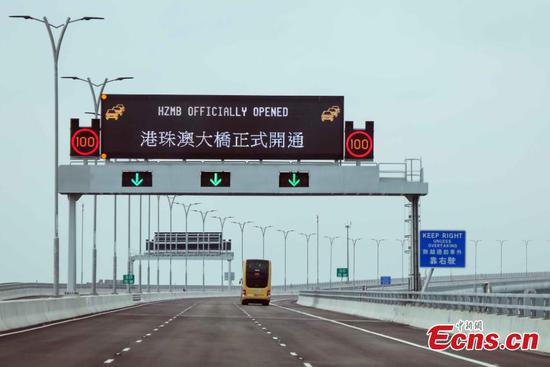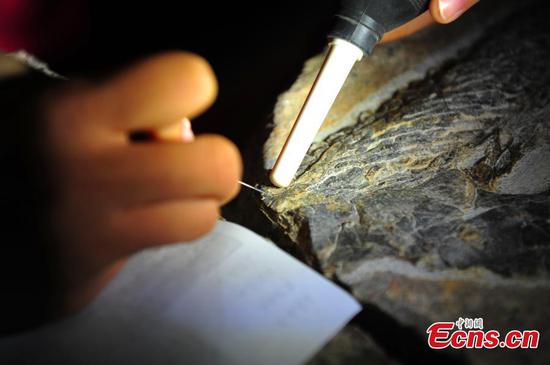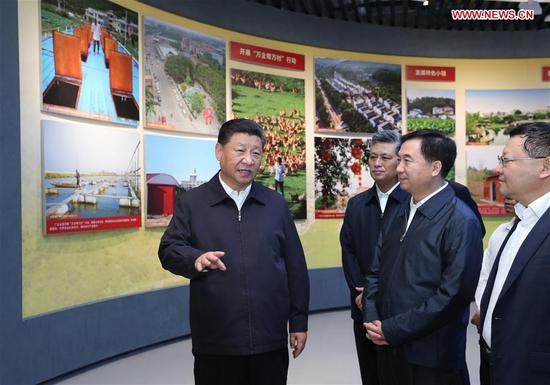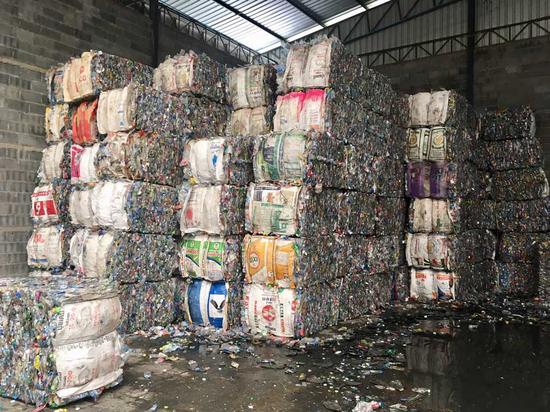
Plastic is crushed into bales for recycling. (CGTN Photo)
Southeast Asia has become a dumping ground for plastic waste from the world's richest nations. That's the claim of environmental groups, who say poor countries are being exploited.
Since China – previously the world's biggest recycler – halted plastic waste imports on environmental grounds at the beginning of the year, it's mostly been diverted to its less-prosperous neighbors.
In the first half of 2018, almost 50 percent of all U.S. recyclable plastic waste was shipped to three countries: Thailand, Malaysia, and Vietnam.
Imports to Thailand alone soared by 2,000 percent, according to U.S. Census data.
Find a way in
There are suspicions that wealthy nations – like the U.S., Japan, and the EU - are exploiting lax environmental regulations in the developing world to offload their unwanted waste.
"Since China banned the import of plastic waste, America is sending large shipments to Thailand. The amount is frightening – it shows large amounts of plastic waste are coming to Thailand from the U.S. and other countries," said Penchom Saetang, director of Ecological Alert and Recovery, Thailand (EARTH).
The Thai government declined to comment on the issue. But it's understood 29 Thai companies are licensed to recycle plastic waste – with many more believed to be operating outside the rules.
"It's hard to say how much waste goes to factories illegally because the government has never revealed this information to the public," said Penchom.
"And when a factory has a license to import plastic, does it process it in its own recycling facility or does it transfer the waste somewhere else?"
"This information is needed, but we have never received it from the authorities."
One of the biggest concerns is that unlicensed companies are being paid to take foreign plastic waste, but don't have the recycling facilities to deal with it – and much could end up being dumped in the ground, posing a grave pollution risk. Plastic can take hundreds of years to decompose.
One licensed recycler in Bangkok said he only processed Thai plastic waste.
The businessman – who requested not to be named - said imported material contained many types of mixed waste, so it was uneconomical to recycle.
He believed many companies would not want to accept it, which could mean it ended up at unlicensed factories – where there were fewer checks on how it was disposed of.
In Malaysia, environmental groups claim plastic waste from the UK and other European countries has been discovered at unlicensed factories, where material that cannot be recycled was likely to be dumped or burned.












